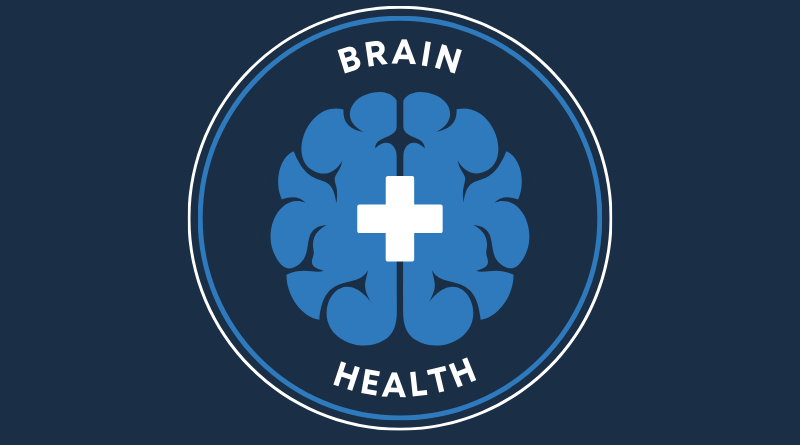Brain Health in Retirement: Unlocking Your Cognitive Potential
A Practical Guide to Staying Sharp, Energized, and Fulfilled in Your Next Chapter
Why Brain Health Matters More Than Ever
Your brain powers everything: your thoughts, your emotions, your memory, your sleep, even your physical coordination. And like every other part of your body, it benefits from attention and care.
The good news? Cognitive decline is not inevitable. Many changes once considered “just part of aging” can actually be reduced—or even prevented—by supporting your brain with the right habits.
In retirement, you have more control over your time, routines, and environment. That gives you a powerful opportunity to protect and even enhance your brain function.
What Hurts Brain Health as We Age?
Poor Nutrition:
Many retirees unintentionally deprive their brains of the nutrients they need—especially when relying on processed foods or skipping meals. Your brain depends on vitamins, minerals, and healthy fats to function well.
Chronic Stress:
Retirement can bring both relief and new worries. Ongoing stress increases levels of the hormone cortisol, which over time disrupts sleep, reduces memory, and impairs learning.
Mental Stagnation:
When you stop challenging your brain, it loses flexibility. Retirement removes natural opportunities for stimulation, but the good news is you can create new ones.
5 Brain-Boosting Strategies for Retirement
🥦 1. Nourish Your Brain with Whole Foods
Replace processed meals and sugary snacks with real, nutrient-dense foods. Include:
– Eggs: high in choline for memory and alertness
– Fatty fish: rich in omega-3s for brain cell health
– Leafy greens and berries: packed with antioxidants
– Nuts and seeds: for healthy fats and minerals
Consider supplements like omega-3 or B vitamins if needed.
🧘 2. Manage Stress Before It Manages You
Use simple stress-busting techniques like:
– Gentle movement (e.g., walking, yoga)
– Daily breathing or meditation
– Creative outlets like journaling or music
– Talking with trusted friends or a coach
The key is consistency, not perfection.
💤 3. Prioritize Sleep
Support your brain by improving sleep hygiene:
– Keep a consistent sleep schedule
– Unplug from screens an hour before bed
– Create a calm, dark sleep environment
– Limit caffeine in the afternoon
Good sleep supports memory, learning, and emotional balance.
🧠 4. Keep Learning
Your brain thrives on challenge. In retirement, explore:
– New hobbies or skills
– Language learning or musical instruments
– Educational events or online courses
– Strategic games and puzzles
Curiosity is the key to cognitive vitality.
🚶 5. Move More, Sit Less
Exercise improves brain function, mood, and energy:
– Walk daily (preferably outdoors)
– Try water aerobics or tai chi
– Include balance and strength training
– Enjoy dancing or group fitness
Movement feeds the brain as much as the body.
Bonus Tip: Stay Social and Engaged
Connection keeps the brain healthy. Join:
– Community groups or clubs
– Volunteer organizations
– Walking or interest-based groups
– Family and social circles
Social interaction stimulates thought and improves well-being.
In Conclusion
Retirement isn’t the end of brain growth—it’s a new beginning.
By making consistent lifestyle choices—eating better, managing stress, learning, sleeping well, and moving more—you can stay sharp, joyful, and purposeful.
Your brain is ready to thrive. Now’s the time to support it.

